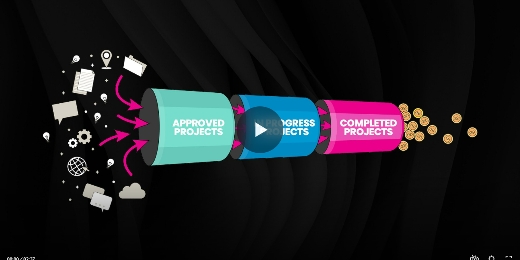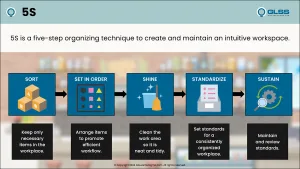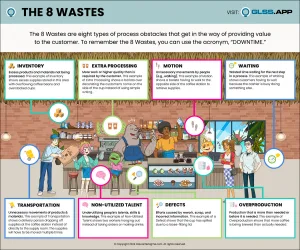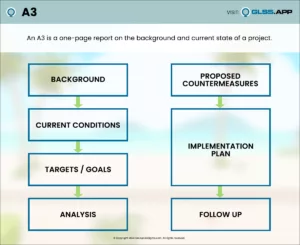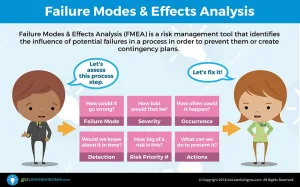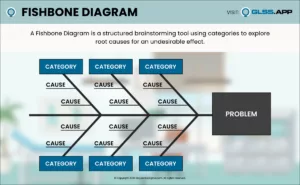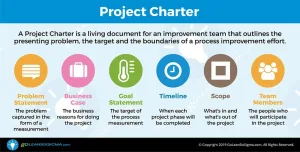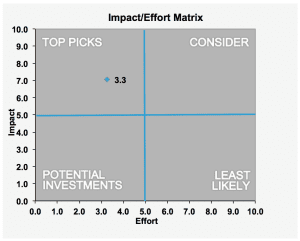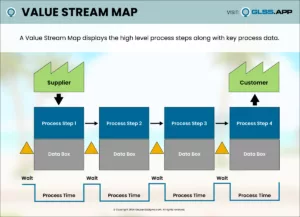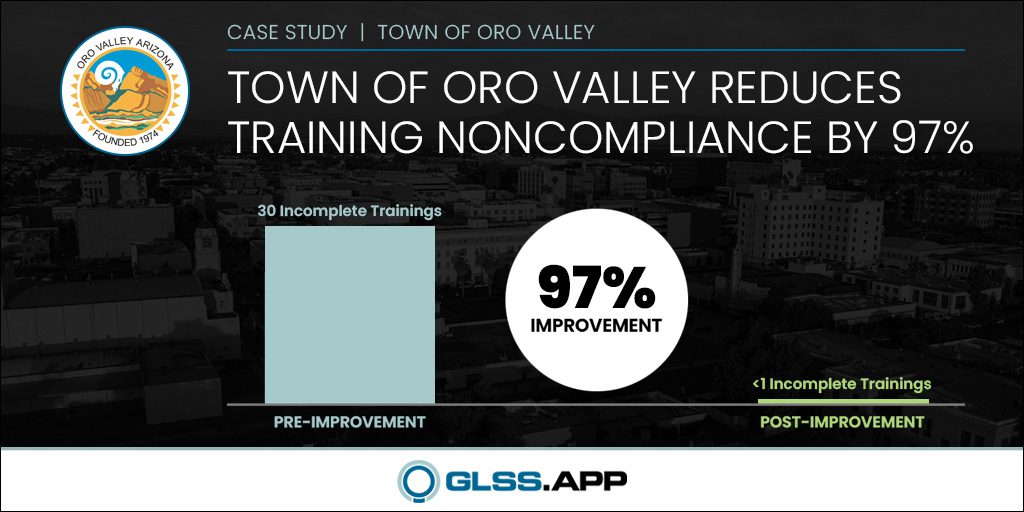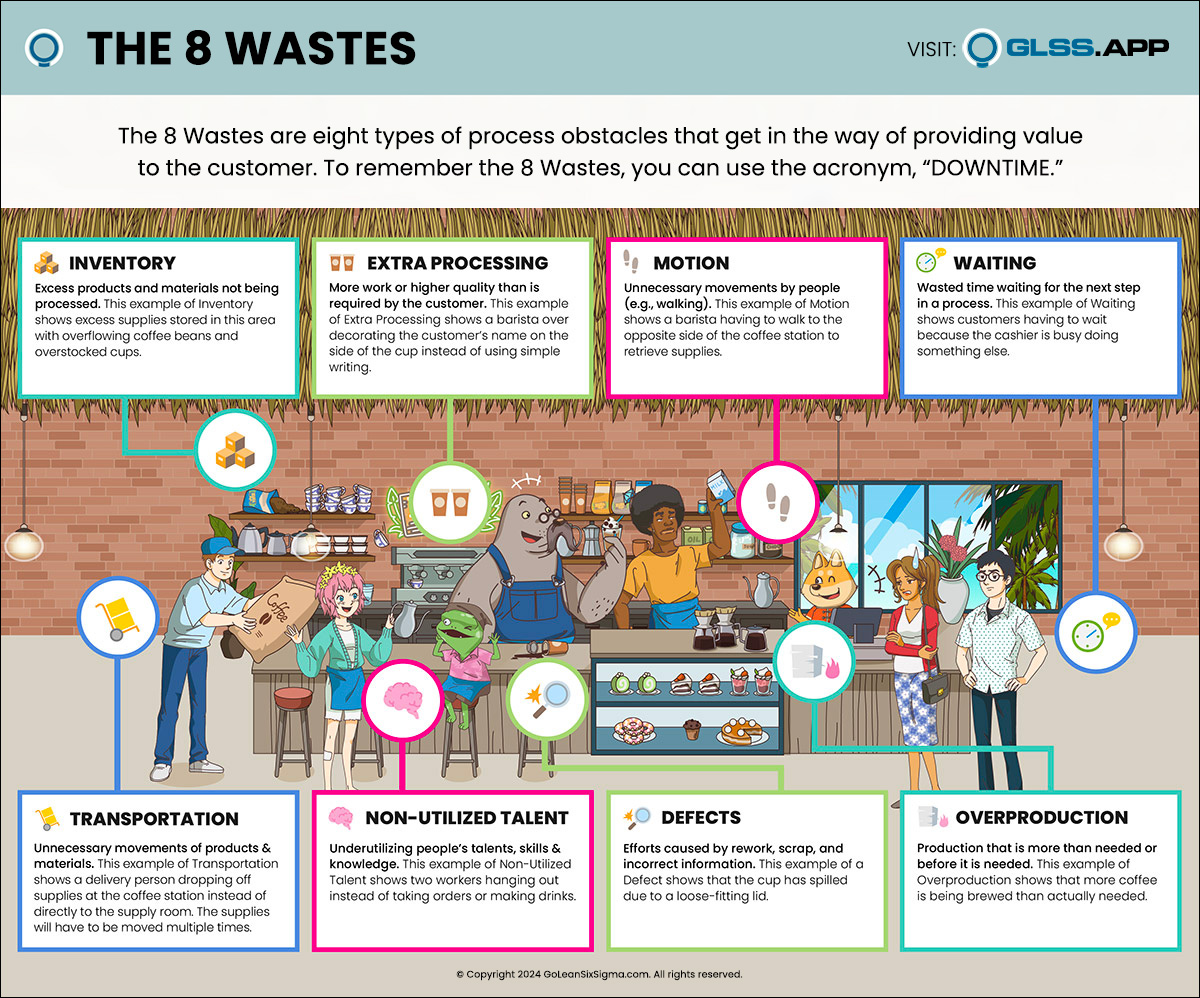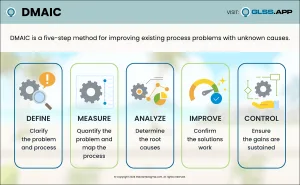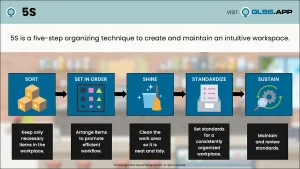We’ve all heard of companies like 3G and Google encouraging innovation by allowing employees to use a portion of paid time to experiment and think creatively, but the truth is innovation is only successful 17% of the time at most businesses.
The reason, according to Schaffer Consulting managing partner Rosh Ashkenas, is that managers send mixed messages in regards to innovation: “Innovate, but only after you’ve done your real work.”
In his article “Managers Don’t Really Want to Innovate”, Ashkenas first explores the principle reasons that managers discourage innovation (often unintentionally).
First and foremost is the need for immediate results. Coupled with short-term incentives and the ongoing expectation for improved earnings, managers avoid innovation as returns tend to be produced over the long term.
Secondly, managers are afraid of innovation disrupting existing business. Ashkenas cites a specific recollection of managers cutting back on new product investments to keep customers opting for something that saves money and lasts longer.
Lastly, the same slow, continuous improvement principles that are a hallmark of most modern businesses can sometimes impede the experimental nature of innovation efforts. Six Sigma’s careful, methodical efforts stand in stark contrast to innovation, which is often brash and messy.
Thankfully, there are ways to encourage innovation with managers.
First, Ashkenas recommends openly (but politely) discussing how innovation is prevented. Present examples of mixed messages and missed opportunities to make management aware.
Second, innovation should be a team effort. Ashkenas describes how one leadership team allocated time every Friday morning to discuss forward-looking efforts, in the process reinforcing the validity and worth of long-term thinking.













